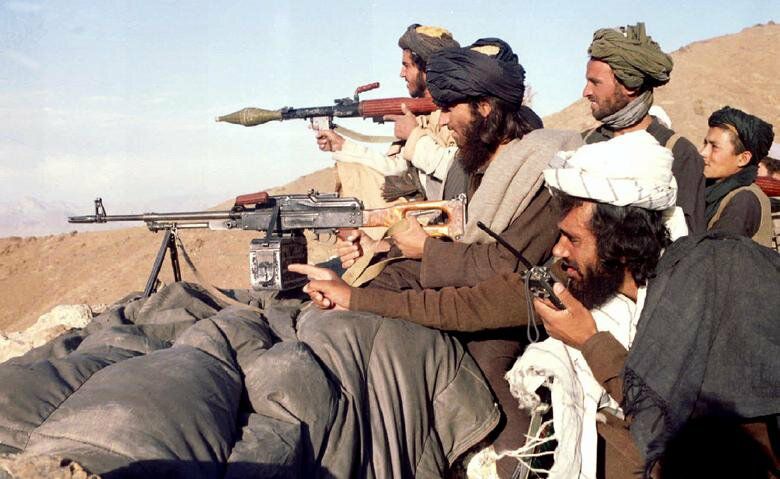RASC: The analysis and monitoring team of the United Nations Security Council’s Punishment Committee has announced in a report that the Taliban group has returned to the “cruel Pashtun-centric” policies of the 90s.
Parts of this report were published this morning (Saturday, June 10) by Nasir Ahmad Faiq, head of Afghanistan’s delegation to the United Nations, on his Twitter.
It is mentioned in this report that the structure of the Taliban administration is mostly based on “Pashtun-oriented” policy and suppression of the opposition.
According to the report, only five ministers and nine non-Pashtun governors out of 34 governors represent the “Pashtunism” policy of the Taliban in the 1990s.
The analysis and monitoring team of the Organization’s Security Council’s Punishment Committee say that the Taliban leaders living in Kabul have no influence on changing the policies of this group and there is little hope of change in the near to mid-term future.
This team has said in a part of their report that the contradictions between the Taliban over the division of positions in the structure of the government and local administrations are clearly visible.
According to this report, there are disputes over government posts and control over monetary and natural resources and smuggling of commercial materials.
Taliban’s relationship with terrorist groups
In the report of the United Nations Security Council, the Taliban are accused of not complying with the Doha Agreement to cut ties with terrorist groups, including Al-Qaeda.
According to the report, the Taliban group has a deep relationship with Al-Qaeda and Tahreek-e-Taliban Pakistan. The analysis and monitoring team of the Security Council’s Punishment Committee added in their report that there is evidence that Al-Qaeda is reviving its operational capability and that the Tahreek-e-Taliban Pakistan is carrying out its attacks inside Pakistan with the support of the Afghan Taliban. It is mentioned in this report that currently some terrorist groups have more freedom to operate in Afghanistan and yet the threat of terrorism in Afghanistan and the region is increasing. This report informs about the long-standing and traditional relations of the Taliban group with the majority of terrorist groups, including the Islamic Movement of Uzbekistan, the Islamic Movement of East Turkestan, etc.
Narcotics
While reports say that the Taliban have achieved significant success in eliminating opium cultivation, the UN Security Council in its report called it premature to judge the effects of the Taliban leader’s order banning opium cultivation.
The report states that the price of narcotics and the production of more methamphetamine have increased.
It is mentioned in this report that the key people of the Taliban group are involved in cultivation and trafficking.
The Taliban have not yet said anything regarding the new report of the analysis and monitoring team of the United Nations Security Council’s Punishment Committee.






